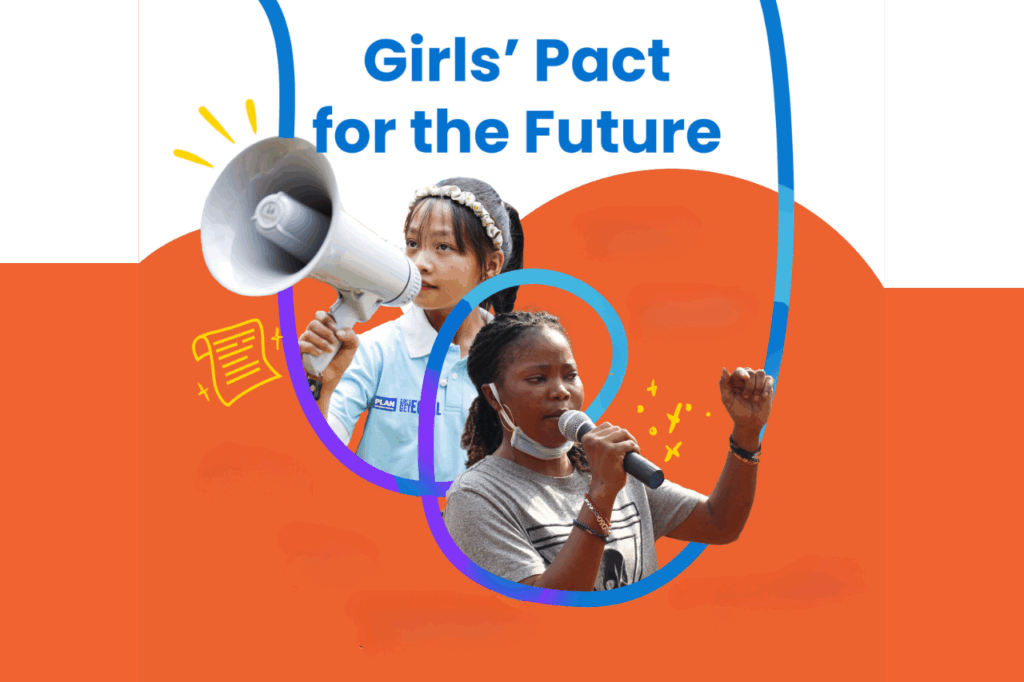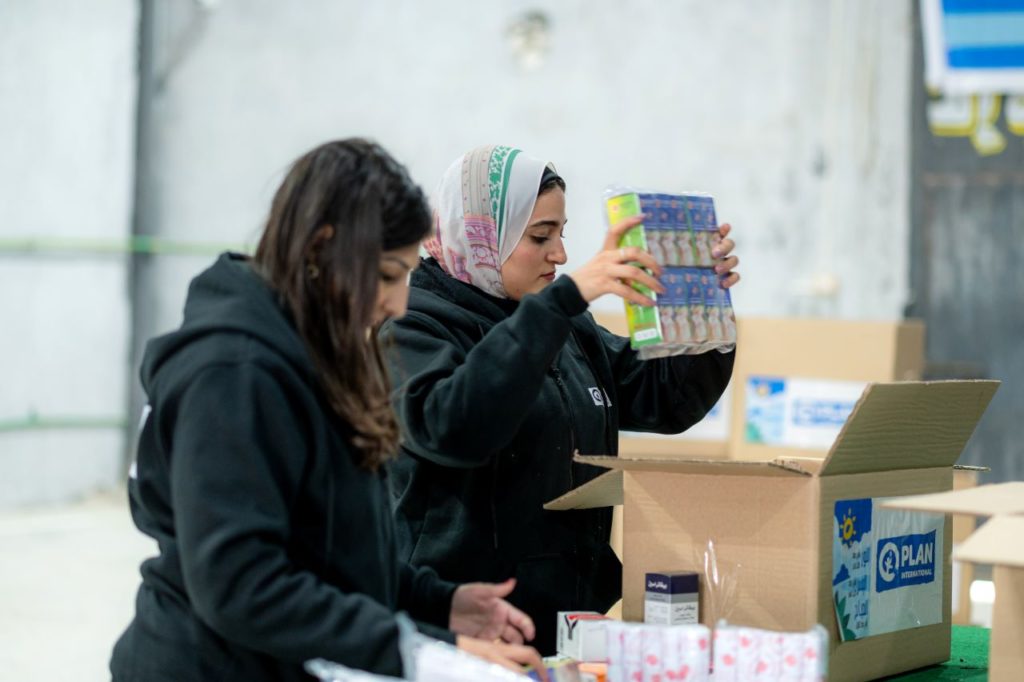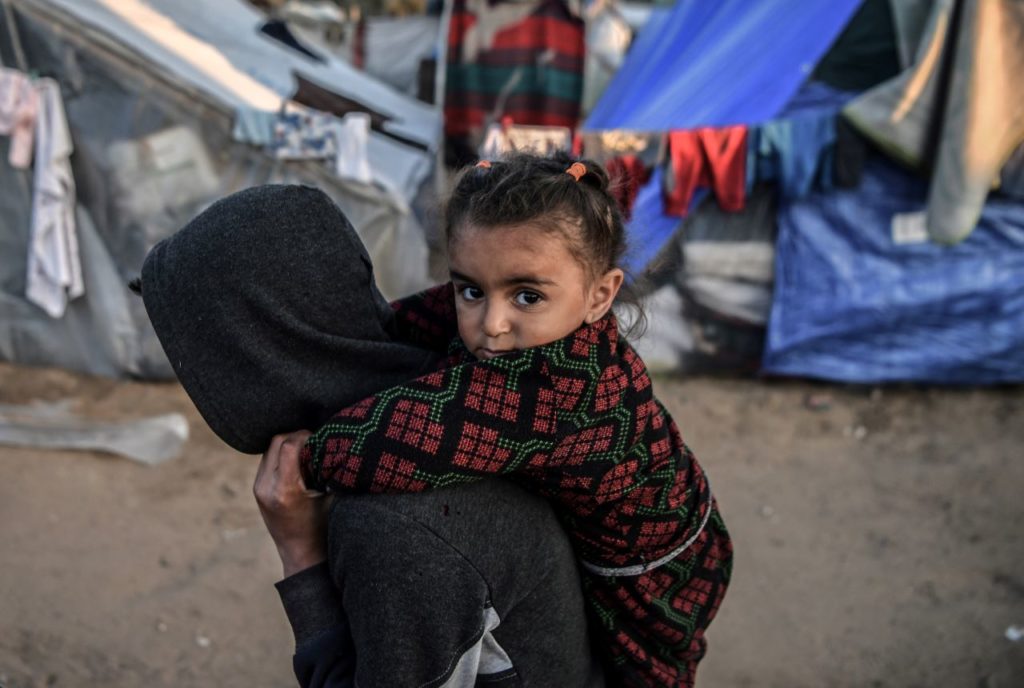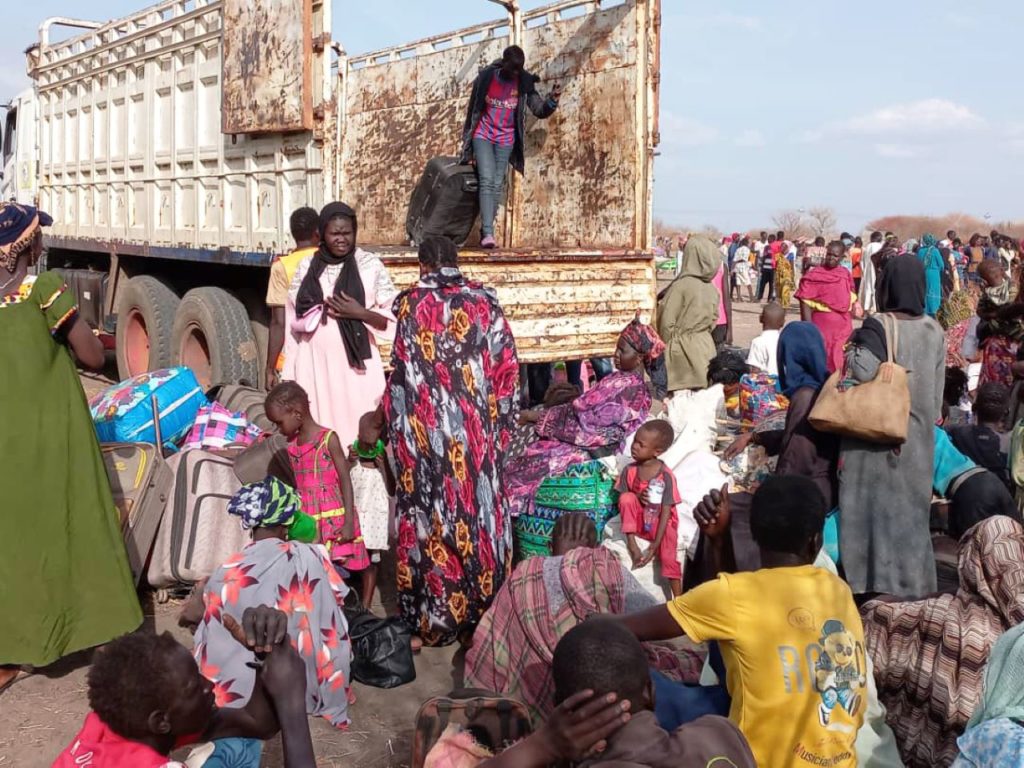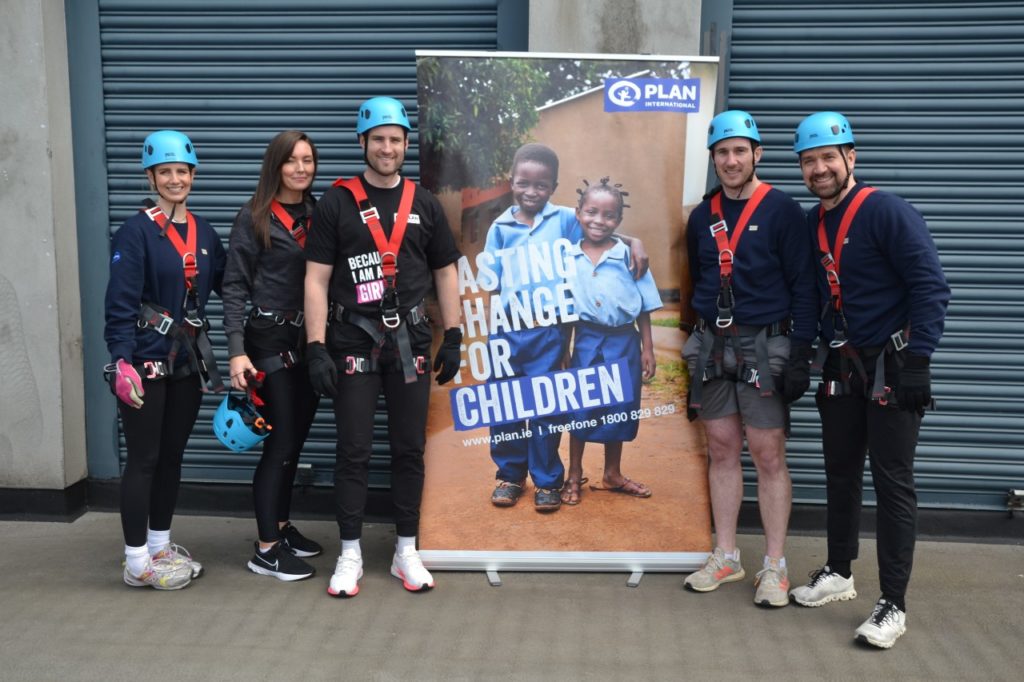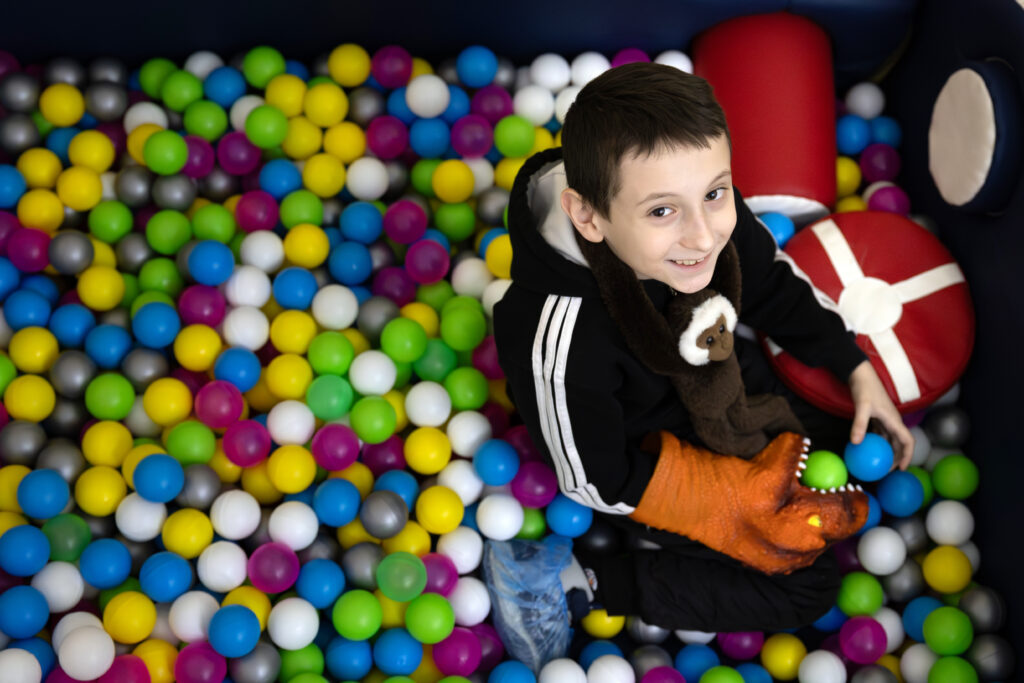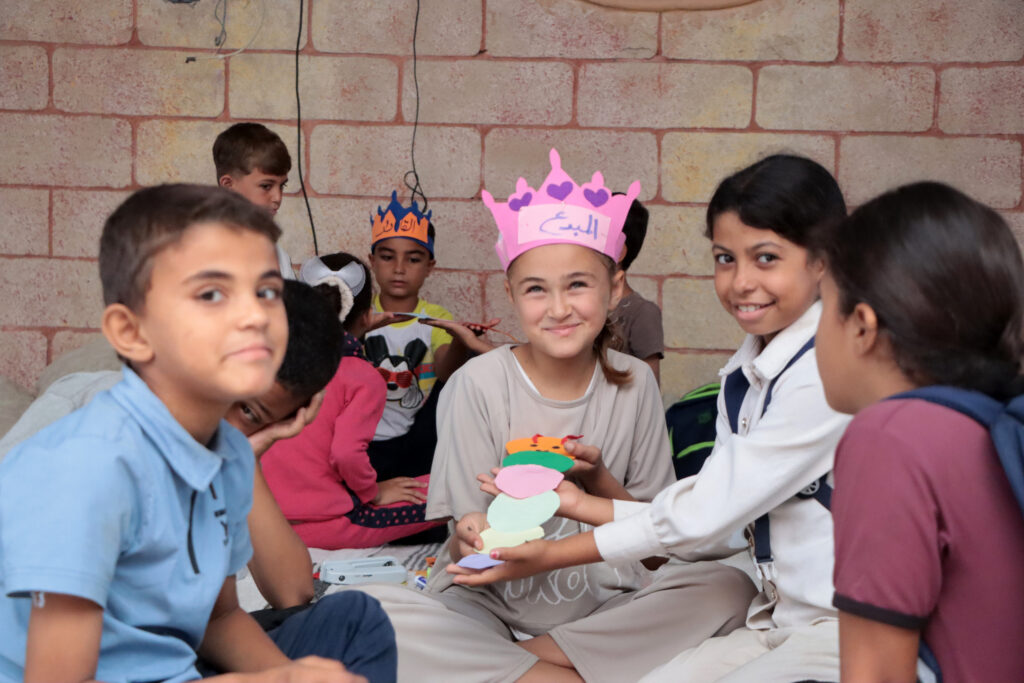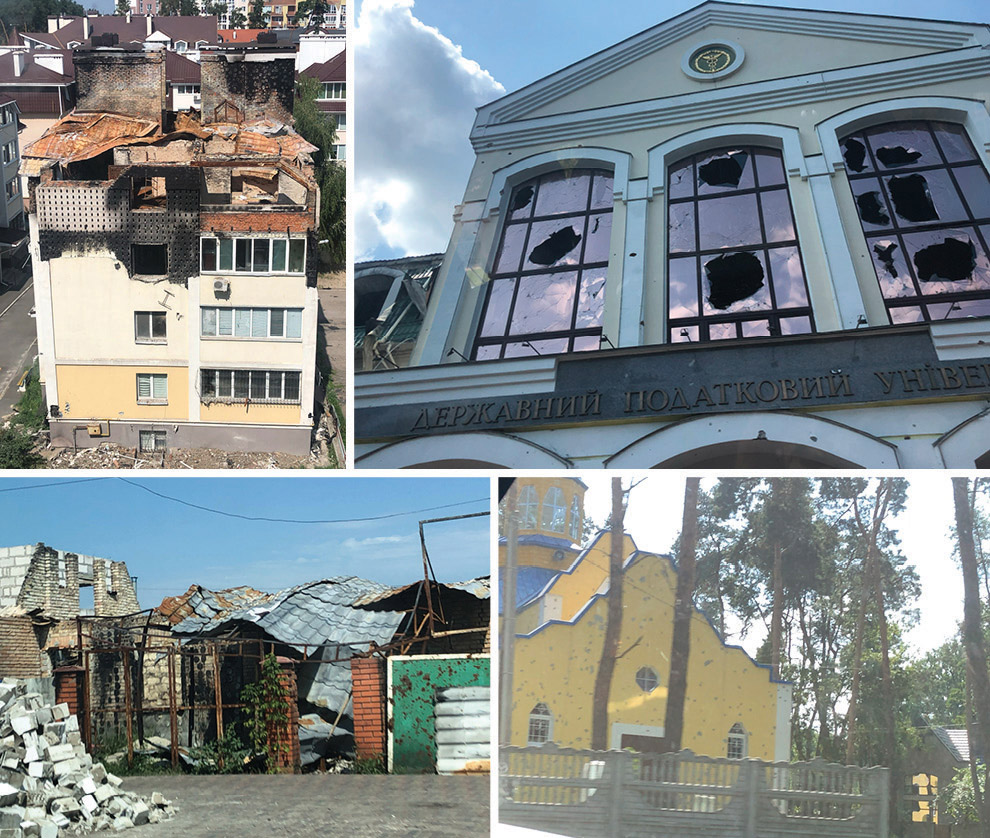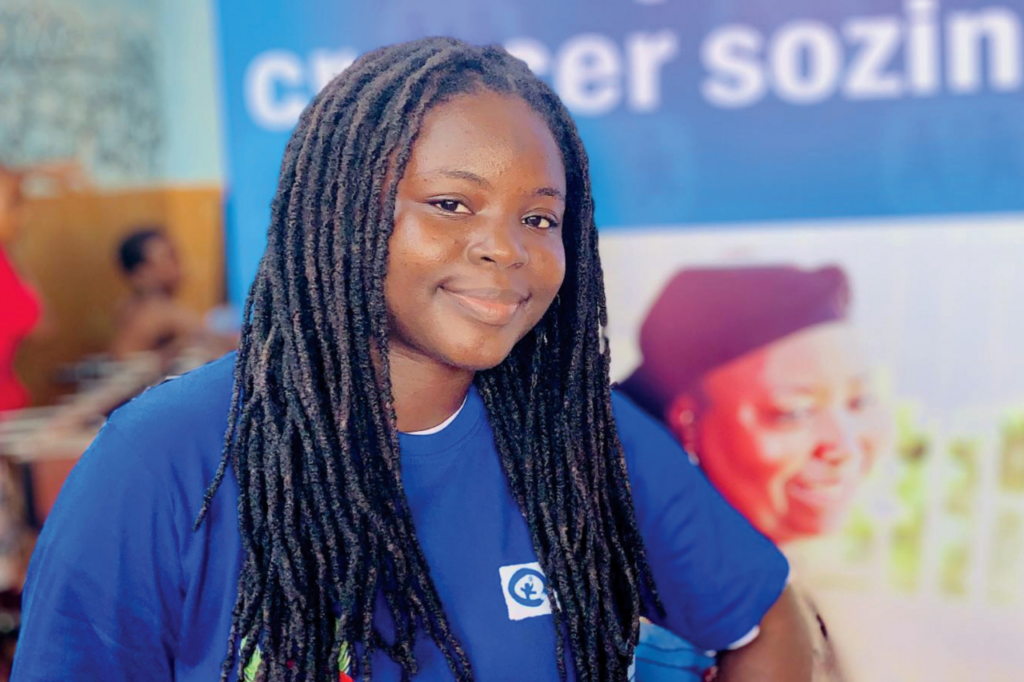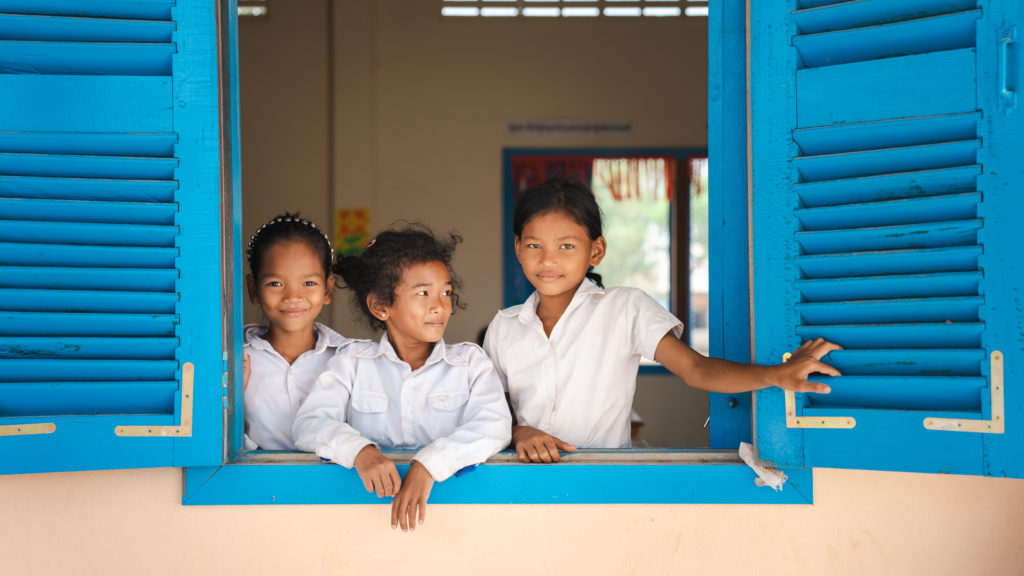Dr Unni Krishnan, Plan International’s Global Humanitarian Director
One of the cruellest ironies of war is that they are never started by children; yet children suffer the most. Politicians, generals and armed groups think up battle plans. Children don’t figure in them, but they end up enduring unspeakable suffering.
Across the world, wars kill, maim, abuse, terrorise and recruit children. Children with names, playmates, and parents who adore them. No child should be part of war.
Some of the faces I have come across as a humanitarian worker never fade. Lamia, 10, who I met in a hospital in Baghdad 20 years ago, had nightmares about missile strikes. Manzoor, 14, from Afghanistan, loves football but can no longer play, after losing his legs to land mines. His mother describes war as a funeral in slow motion.
There is only so much suffering young bodies and minds can take. Still, we see newborns in incubators while above them, missiles whiz past. Children injured and maimed. Their dreams are often wiped out, but their nightmares and suffering stay forever. When young bodies become the battle ground, girls and young women often suffer more.
The conflict in Gaza has killed more than 3,900 children in just four weeks. According to the UN, a further 1,250 children in Gaza are missing, most of them presumed to be trapped under rubble. UNICEF says that Gaza has become a graveyard for thousands of children.
During the attack on Israel on October 7th, a Palestinian armed group killed 30 children and took 37 children as hostages. No words can truly capture the suffering a young hostage goes through. Their urgent and unconditional release should be a priority – and so should release of the 500 to 1,000 children that the UN estimates are being held under Israeli military detention each year. All children are equal.
Mounting child casualties should be a wake-up call for humanity. All the six grave violations against children in all war zones must be stopped – recruitment by armed forces and groups, killing and maiming, abductions, rape and sexual violence, attacks on schools and hospitals, and the denial of humanitarian access. In any conflict, all parties must respect International Humanitarian Law.
War reconfigures lives and landscapes, turning nurseries and neighbourhoods to killing fields and mass graveyards – buried beneath are innocent children, and their dreams. The UN says Israeli strikes hit schools in Gaza while children and families were in them, and that 258 school buildings have sustained damage. This will have a catastrophic impact on education and children’s futures.
Omsiyat, a 12-year-old resident of Gaza had a disarming question when I met her there in 2009 – why are children made to suffer in wars?
Yet, there was also a sliver of hope watching Omsiyat and her young friends picking up burnt books and crayon peace posters out of the rubble of their partly charred school. A smile broke on the face of another girl when she spotted a colourful poster she had drawn. She told me that she is happy she got it back, sad the bombs burned a part of it.
Compassion for children and fellow human beings and talking meaningfully about ceasefire, peace and justice are the first steps to stop a war. For children, stopping war means stopping them from being killed, or dying from dehydration or lack of medical care. A ceasefire means getting war wounded and displaced children clean water, food, life-saving humanitarian assistance, emotional care and with this, dignity for all. In Gaza and Israel, an unconditional and urgent ceasefire is the only way to give humanity, and children, a chance.
